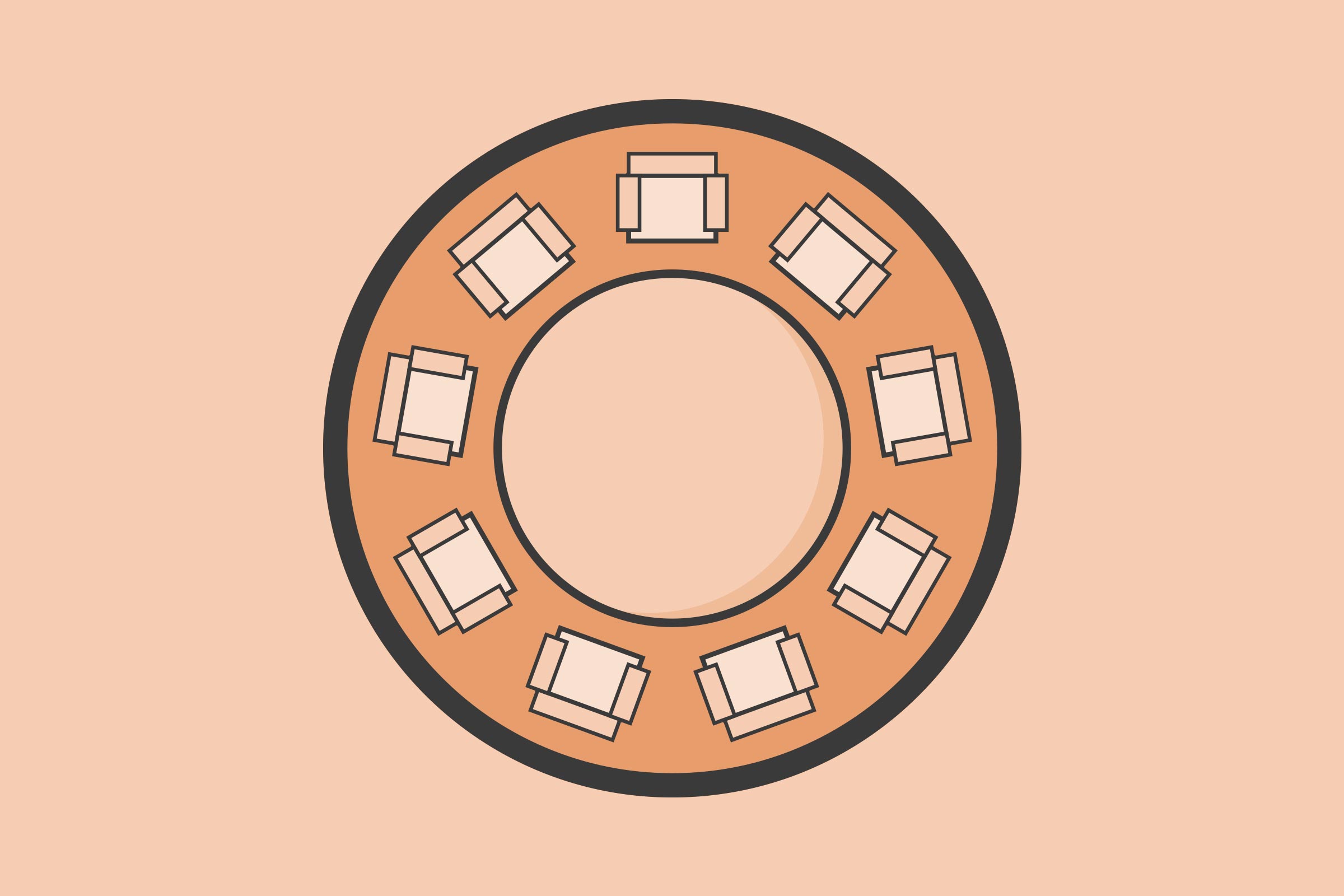It should come as no surprise that the spaces we occupy every day have a huge impact on our overall wellness. The Environmental Protection Agency and Vancouver Coastal Health report that Americans and Canadians spend about 90% of their time indoors. But what about the time we spend outdoors?
Your Welcoa membership has expired.
Creating Great Work Teams
Want more WELCOA Resources on creating great wellness teams? Navigate our best wellness team resources using this graphic.
It can be life altering for people as they start to embrace the things they need to cultivate in an effort to let go of the things that stand in their way of well-being. What’s more, when people start to do this work on themselves, everything around them starts to change too – their personal and professional relationships, their reactions to life events, and so on and so forth. In coaching, you start to pick up themes in organizations. It’s very powerful to start to understand what makes an organization tick, and what undermines progress. There is one topic that keeps coming up in so many organizations. What I keep hearing is that professional relationships and team dynamics are getting in the way of one’s well-being. Sometimes people say, “I came in here to talk about my attempts to do more meal planning and dining at home, but now that the session is over, I realize I had all of that other stuff to work through.”
“What I keep hearing is that professional relationships and team dynamics are getting in the way of one’s well-being.”
In an effort to raise a broader awareness and reach a bigger audience in the organizations I serve, I created, the presentation “Cultivating Me to We”. It is based on the research of Brene Brown and what she has deemed the “Guideposts for Wholehearted Living.” You see, the more I listen to people share their barriers and struggles to achieving harmony and well-being in their lives, the more I find that these guideposts have very applicable resonance. In fact, my most recommended resource for people is Brene’s book The Gifts Of Imperfection where she unpacks each of these guideposts and the things that get in our way for living by them.
Using these guide posts to cultivate one’s personal growth has a strong likelihood of changing the relationships in their workplaces. Work team dynamics are common issues that people have in relation to their well-being. I hear more about frustrating work relationships than I do about exercise or fruits and vegetables, and I am a dietitian!
The first time I presented the “me to we” concept, I was sharing a particular guidepost: cultivate play and rest and let go of exhaustion as a status symbol and productivity as self-worth. I explained that I once had a colleague who started every conversation with a list of her accomplishments from the day. The room lit up with conversation. One participant shared that we perpetuate this constantly in society, and another realized that our workplace cultures are perhaps responsible for making others feel that exhaustion equals worth. It was fantastic to see the figurative light bulbs go on in people’s minds. Then one person asked, “So did you point this behavior out to your colleague?”
That’s when it hit me. I had not made clear the most important point in the conversation. This was not about fixing others but fixing ourselves. I quickly took a detour to explain that the beauty of working on ourselves is that it changes our relationships with others. Perhaps my co-worker was telling me her list of accomplishments because I had behaved in a way that made her believe that was important to me. Maybe this wasn’t the case, but if I intentionally do work to cultivate play and rest then I clearly signal others that I won’t judge them for the same. If I create more conversations about taking care of myself, it encourages others to consider how they have done and can do so.
“That’s when it hit me. I had not made clear the most important point in the conversation. This was not about fixing others but fixing ourselves.”
Working on ourselves and being courageous, vulnerable team members changes our team dynamics. Courageous, vulnerable individuals create courageous, vulnerable teams. Individuals with badges of exhaustion create teams with badges of exhaustion. Most of us have heard the concept that we receive the energy we create; well this is how that happens. Another guidepost calls for cultivating a resilient spirit and letting go of numbing and powerlessness. Imagine a team in your organization with a resilient spirit. What do you think they could do for the organization and for each other? Another of my favorite guideposts is to cultivate meaningful work and let go of self-doubt and “supposed to”. Who am I kidding – I love all of the guideposts.
The point of all of this discussion is that we need to reset our method of creating great working teams, which is a method usually based on pointing the finger at others’ inadequacies so they can improve. The way that I’m proposing requires that we work on ourselves first, and trust that altering our behavior will alter our team relationships. It relieves judgment and blame. It requires humility. Dynamic teams are vital to workplace well-being. Healthy team members are vital to creating dynamic teams. We know that mental and emotional health are major contributors to well-being. People spend the majority of their waking hours at their place of employment. You are either supporting their mental and emotional well-being or you are contributing negatively to it. If negative interpersonal relationships are getting in the way of your employees’ well-being, then I can guarantee they are weakening your working teams and therefore significantly undermining your bottom line, too.

Maggie Gough
Health & Wellness Revolutionist
https://www.linkedin.com/in/maggie-gough




